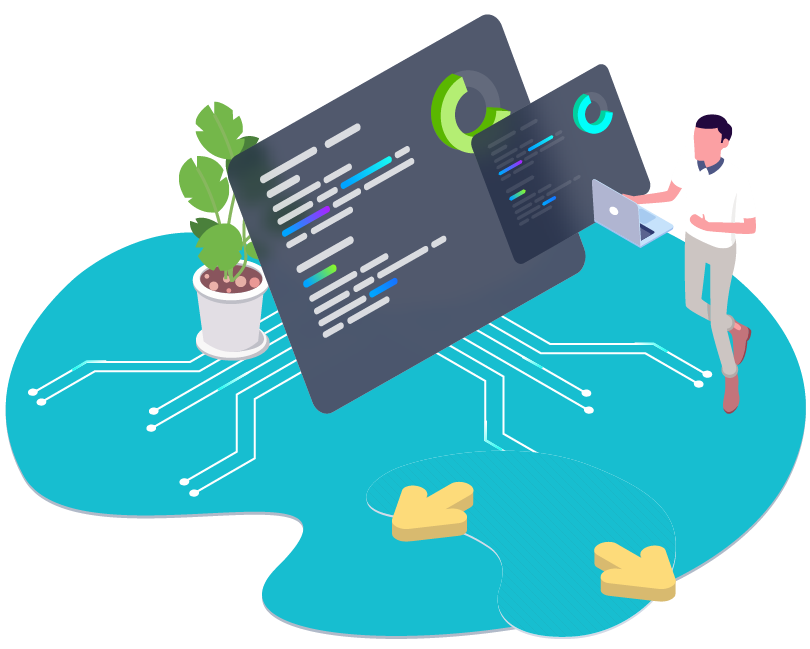 ×
×
-
Upgrading to the new software to continue participating and validating new transactions.
-
Furthermore, if you wish to use Ethereum EVM technology, blockchain forking is a popular option.
-
When considering the implementation of crypto payments, another significant question arises.
-
To do so, one must fork Geth or Parity nodes and then fine-tune them to meet the requirements.
Blockchain Forks
Expand your Business modules by Blockchain forking with our excellent solutions that meets your requirements.

What is Blockchain Forking?
A Blockchain fork is a division of an existing blockchain. There are two forks soft forks and hard forks. The demand for forks in blockchain is expanding in tandem with the technology's application to numerous economic sectors.

When Do You Need A Fork?

Blockchain forks are updated for a variety of reasons
Answering the issue, creating a fork of an existing solution is a good option if you want to take advantage of the capabilities of an existing blockchain while simplifying it or adding a few of your own specific features.
Benefits Of Forks Working In Blockchain
Fork
A fork is just a change in the protocol used by the blockchain software to determine whether a transaction is valid or not. As a result, nearly any divergence in the blockchain can be classified as a fork.
Intentional Forks
The nature of the fork could have a significant impact on the underlying cryptocurrency's financial value. As a result, in the future articles, we'll go through the concept of the hard fork and soft fork in greater depth.
Soft Fork
The new blocks mined on the basis of new rules are also recognized as valid by the old version of the software when the software that runs on the nodes functions as a network participant is changed.
Hard Fork
A hard fork is a permanent break from the previous blockchain version. If the new version does not receive unwanted approval, two different blockchains could use a variant of the same software.
Temporary Fork
Because the majority of complete nodes choose the other chain to add new blocks to and sync with, temporary forks eventually resolve themselves when one of the chains expire out.
What's Client
Say About Us
I'm so happy to have a good relationship with Roboto 360. I prefer their service for my enterprise. They serve with what we asked. The developed product was user friendly and structured in a good manner.
Lisa Lennon
DeFi Expert

What's Client
Say About Us
Roboto360 went beyond all the expectations and the developer always went extra mile to help us meet the deadlines and accomplish more. The end product had a very high quality and we were confident delivering it to the end users.
Lisa Lennon
DeFi Expert

What's Client
Say About Us
All required features were implemented within the scope, timelines, and budget thanks to effective project management. The project manager dove deeply into the project and performed more like a colleague.
Lisa Lennon
DeFi Expert

